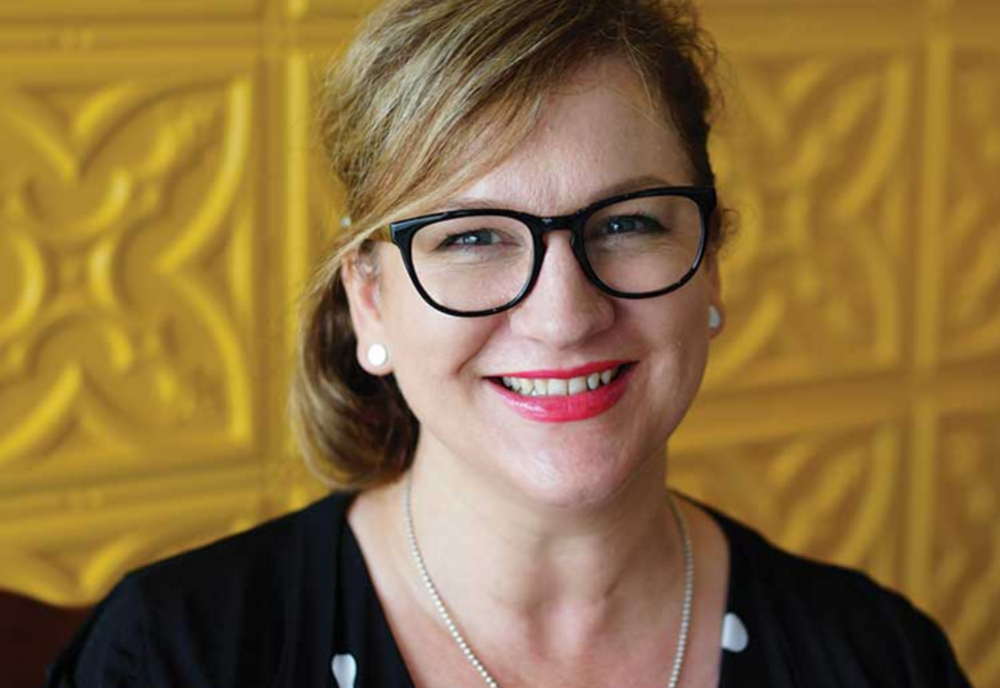People with a disability in rural areas are being ‘left behind’
Luke Williams
14 March 2024, 8:20 PM
 Image: ABC
Image: ABCThe Royal Australian College of General Practitioners has said the NDIS is a system “plagued with red tape and access issues.”
The scheme needs to operate more efficiently in rural, regional, and remote areas, according to the RACGP.
In its latest submission to the inquiry into NDIS participant experience, the college is urging the Federal Government to better invest in the delivery of the scheme across these communities, saying everyone deserves access to essential care.
‘No person with a disability, irrespective of where they live, should miss out on the care and support they need,’ RACGP President Dr Nicole Higgins said.
‘The NDIS is a game changer full of opportunities, but people with a disability in the bush are being left behind.
‘We have the solutions to significantly improve the NDIS outside of major cities.’
The RACGP Rural submission outlined several key recommendations aimed at addressing the disadvantages people with a disability in these areas face, including:
- bolstering the rural and remote healthcare workforce to allow for interdisciplinary teams to provide person-centred, wrap-around support to people living with a disability
- end changes to payroll tax to ensure that rural and remote practices can continue servicing their communities

PHOTO: Dr Nicole Higgins. Image: Supplied
In their submission National Rural Women’s Coalition pointed out that “According to the Australian Bureau of Agricultural and Resources Economics (ABARES) 6 % or 3,766 people in the Agricultural Workforce live with a disability.
Of the 3,766, 59 % or 2,230 are farm managers and 25 % or 944 are farm labourers. Women represent 31 % of agricultural workers who live with a disability, which is extremely close to the 33% of women without a disability who work in the agriculture sector”.
It urges the Federal Government to consider the “unique criteria” of women who work in agriculture with disabilities to assist them in continuing to work in the agricultural sector.
The coalition also said that people with disabilities are often not accommodated for when natural disasters occur in regional and remote areas.
Mental Health Carers NSW wrote that “Consumers and carers in regional, rural, and remote areas of Australia are forced to contend with inadequate markets of disability service providers resulting in a thin supply of services and high levels of unmet needs” arguing for a “Bill of Human Rights which mandates that people must get access to certain basic rights and supports and allows government to be sued for failure”.
RACGP Vice President and Rural Chair, Associate Professor Michael Clements, said the NDIS needs urgent Government repair to ‘plug holes in NDIS service provision’ in the bush.
"Right now, we have a two-tiered NDIS – one for people in major cities, another for people living everywhere else,’ he said.
"Rural GPs tell me about concerns regarding the quality of supports in rural and remote communities due to limited resources and an often under-skilled workforce. This is not to criticise workers doing their best in a challenging situation, it’s a system-wide issue."

‘These same GPs also warn about a lack of transparency in understanding what services have been provided to patients by their support teams.’
He said the Government must enhance the NDIS workforce in the bush as a priority, including introducing minimum checks and training requirements, recruitment of advocacy-specific workers who understand the needs of rural communities, and annual reporting to be implemented for each NDIS participant to keep GPs in the loop.
‘Let’s also make the NDIS as inclusive as possible,’ Associate Professor Clements said.



